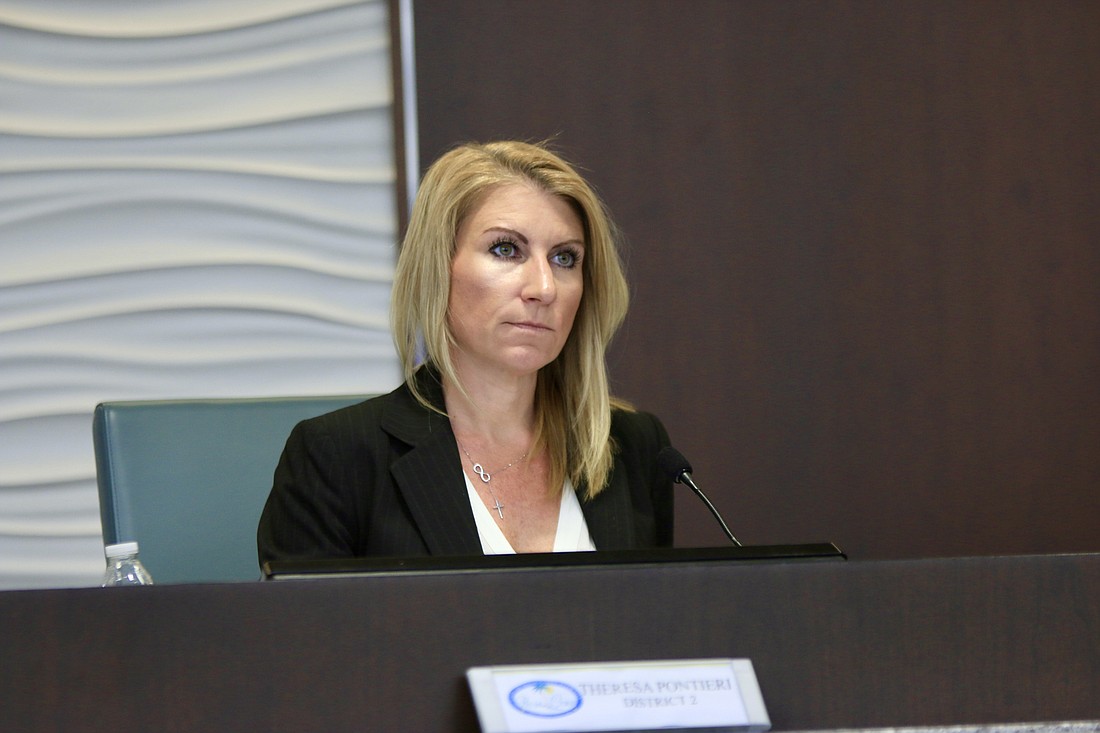- December 14, 2025

Palm Coast Mayor David Alfin said the city needs to look into ways to protect current residents from the potential dangers and nuisances of short-term rentals.
“The idea here is not to deny anybody's property rights,” he said. “It's just to comply with, you know, what our residents in our neighborhoods expect and to maintain that level throughout the city of Palm Coast.”
Palm Coast has a total of 8,837 rentals but only charges $5 to register new rentals — the same rate it has used since 2004.
Palm Coast first began registering rentals in 2004, when there were only 800 rentals in the city, Code Enforcement Director Barbara Grossman said. Palm Coast requires all rental properties — regardless of whether they are short-term, long-term or vacation rentals — to register as rentals in the city.
“A rental is a rental is a rental,” Grossman said.
The 2004 ordinance required the applicant to pay a $5 registration fee and a $50 noncompliance fee. Almost 20 years later, with almost 11 times as many rentals as when the ordinance was first passed, Palm Coast is still charging the same amount.
Rentals in unincorporated Flagler County are required to pay the county $400 for an initial application, $200 for renewals, $50 to transfer a rental and $50 to modify an application, Grossman said.
City Council member Theresa Carli Pontieri asked Grossman if the city receives any portion of those fees. Grossman said she wasn’t sure.
Pontieri asked city staff to investigate whether any of the county fees come back to Palm Coast or, if not, where the money goes.
“If they're not charging that to the city of Palm Coast, I think we need to really consider increasing our registration fee and our renewal fee, if we even have one,” Pontieri said.
A search of Air BnB’s website showed more than 800 rental properties, some of which fell outside of Palm Coast city limits.
The 2004 city ordinance also requires rental properties to be maintained “in a high-quality manner,” and requires properties to have a property manager within the city if the property owner lives elsewhere.
The debate about short-term vacation rentals like AirBnB and how they should be regulated has been a recurring debate in Florida. But, Grossman said, people often can’t tell the difference between homes that are short-term rentals and those owned by residents.
The most common nuisance reports the city receives about rentals, she said, are the same ones it receives about other properties: noise, trash and parking.
Grossman said Code Enforcement staff members are working to inform rental owners and renters about the city’s top violations. Grossman said they are working on either a pamphlet with the top 10 code violations that can be handed out to new renters or installed as a sign in the home.
If they're not charging that to the city of Palm Coast, I think we need to really consider increasing our registration fee and our renewal fee."
— THERESA CARLI PONTIERI, City Council member
Members of the Florida Legislature have proposed multiple bills over the last few years that would restrict how local governments can regulate short-term rentals like Air BnB. The most recent was Senate Bill 714.
Pontieri said there is already a new proposed bill for the next legislative session — Senate Bill 280 — that also proposes similar restrictions on local governments' ability to restrict short-term rentals.